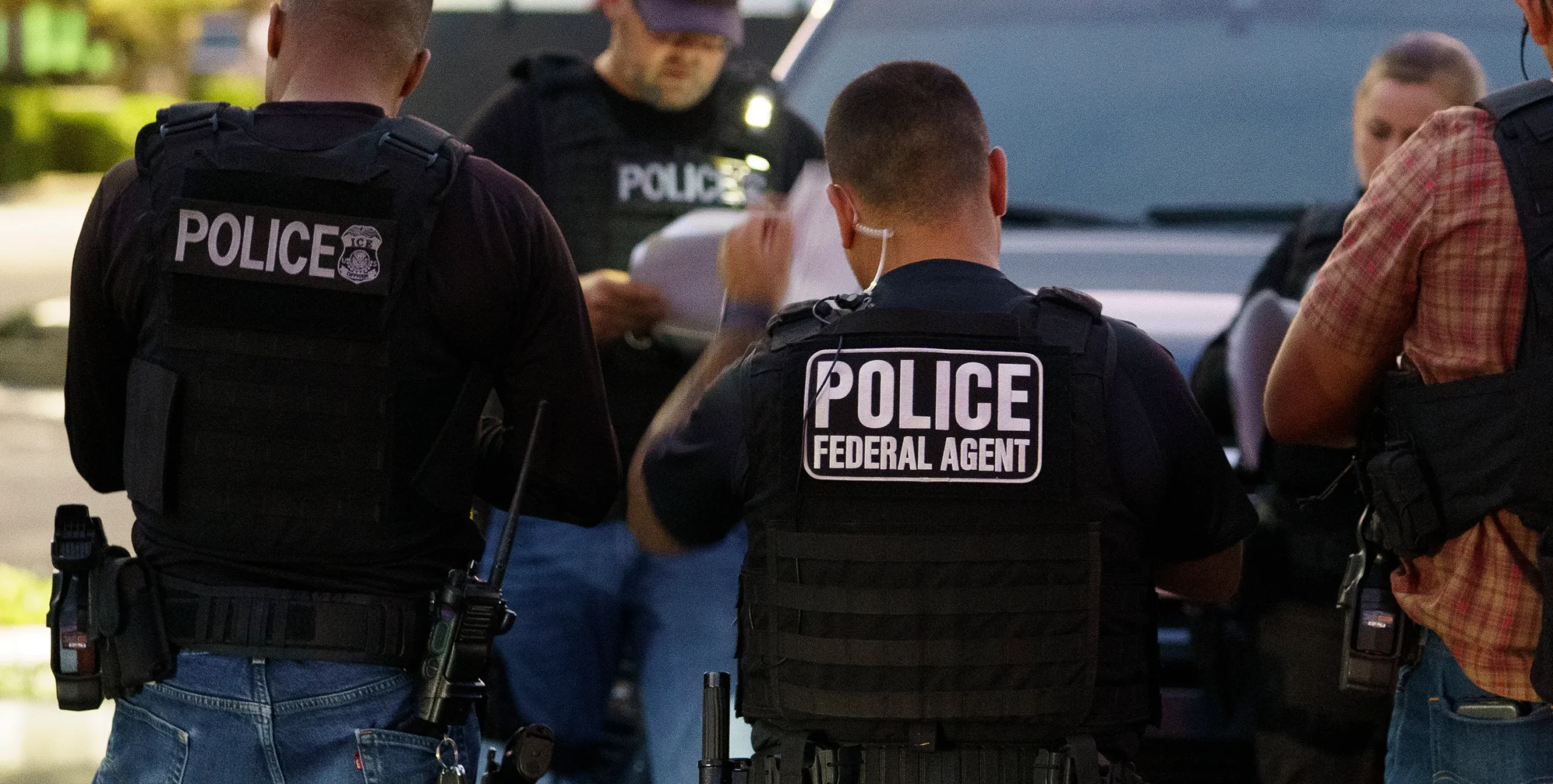Police officers are the frontline defenders of law and order, ensuring the safety of communities worldwide. They are entrusted with maintaining peace, enforcing laws, and protecting citizens from crime. This article delves into the role of a police officer, career paths, challenges, and how to embark on this honorable profession.


What Is a Police Officer?
A police officer is a government-appointed law enforcement professional responsible for upholding the law, preventing crime, and protecting people and property. Their duties range from responding to emergency calls to investigating criminal activities.
History of Policing
The concept of policing dates back to ancient civilizations, but modern law enforcement structures emerged in the early 19th century. Sir Robert Peel established the first official police force in London in 1829, setting the foundation for contemporary policing practices.
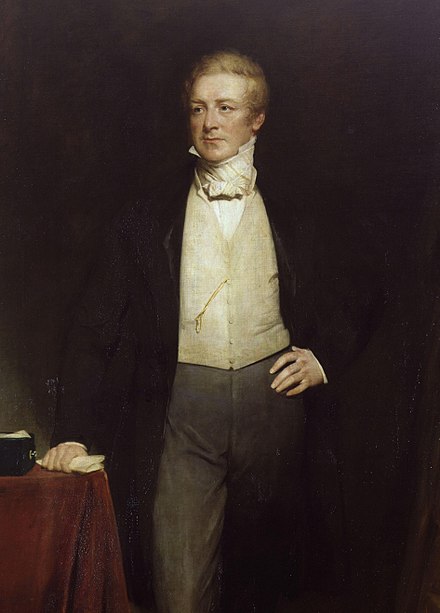

Roles and Responsibilities of a Police Officer
Police officers handle various duties, including:
- Responding to emergency and non-emergency calls
- Patrolling assigned areas to deter criminal activity
- Conducting investigations and gathering evidence
- Enforcing traffic laws and conducting DUI checks
- Arresting suspects and testifying in court


Different Types of Police Officers
Law enforcement offers diverse career opportunities:
- Patrol Officers: Monitor public areas, respond to incidents
- Detectives: Investigate crimes, gather intelligence
- SWAT Team Members: Handle high-risk operations
- K-9 Officers: Work with police dogs for search and rescue
- Federal Agents: Serve in agencies like the FBI or DEA
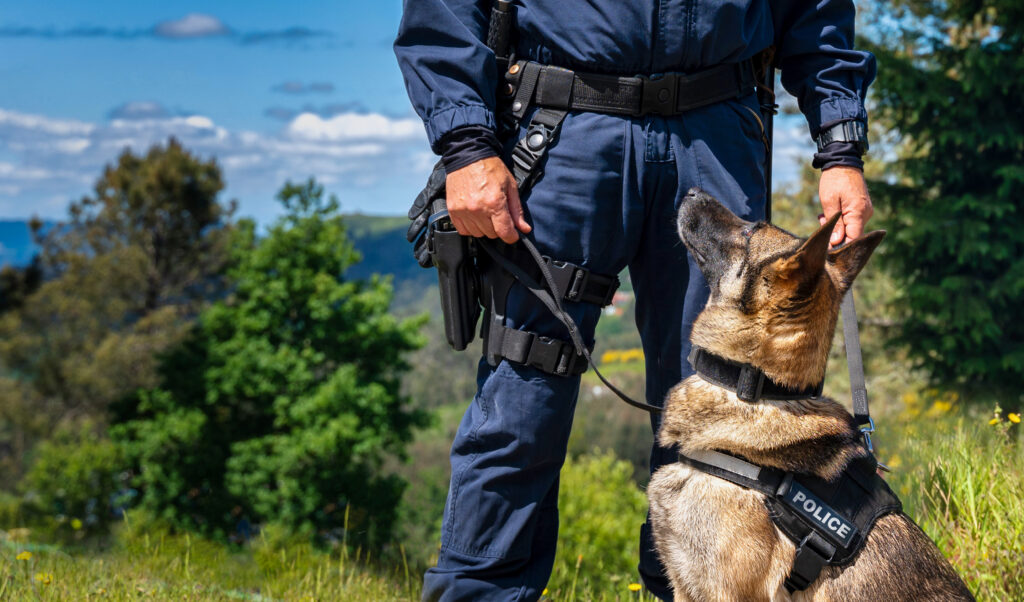

How to Become a Police Officer
Education and Requirements
Most police departments require at least a high school diploma or GED. Some agencies prefer candidates with a degree in criminal justice or law enforcement.
Police Academy Training
Aspiring officers must complete rigorous academy training, which includes:
- Firearms training
- Physical fitness exercises
- Defensive tactics
- Legal education


Required Skills and Qualities
Successful police officers possess:
- Strong communication skills to de-escalate conflicts
- Physical stamina for demanding situations
- Problem-solving abilities for quick decision-making
- Integrity and ethics to uphold public trust
Challenges Faced by Police Officers
Being a police officer comes with risks and challenges, including:
- Physical dangers: Confronting armed criminals
- Mental health strain: Stress from traumatic incidents
- Public scrutiny: Navigating community relations and media coverage
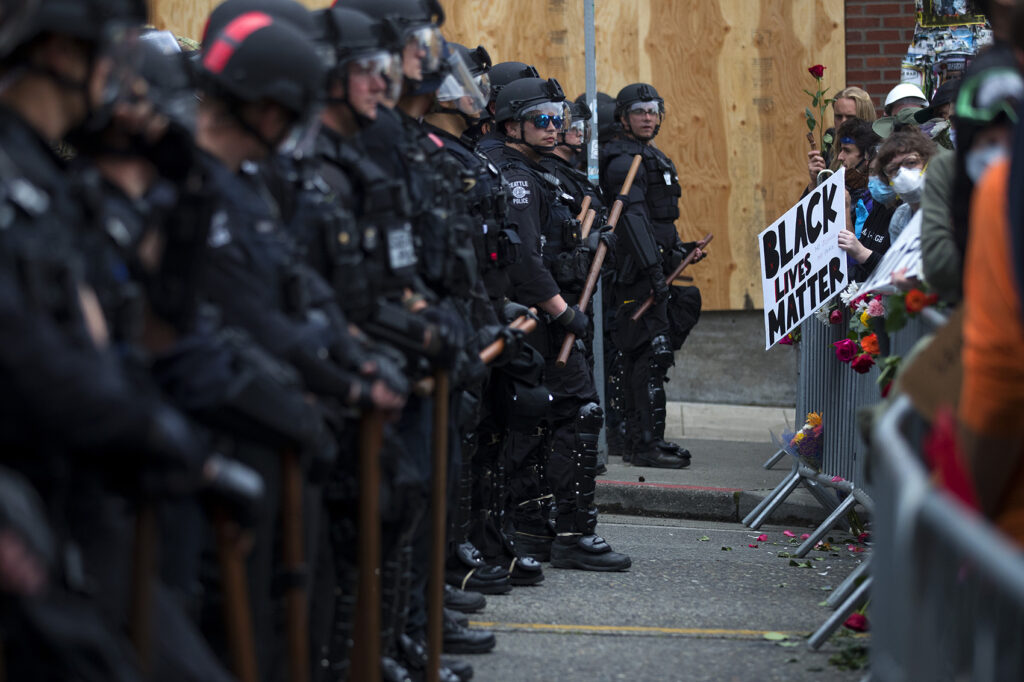

Police Officer Salary and Benefits
The salary of a police officer varies by location and experience. On average, officers in the U.S. earn between $50,000 and $90,000 annually. Benefits often include:
- Pension and retirement plans
- Paid leave and health insurance
- Career advancement opportunities
Essential Training for Police Officers
Training doesn’t stop after the academy. Officers undergo continuous learning in:
- De-escalation techniques to manage volatile situations
- Tactical defense training for self-protection
- Community policing strategies to strengthen public trust
The Role of Technology in Policing
Modern policing integrates advanced technology such as:
- Body cameras for accountability and transparency
- AI and predictive analytics to combat crime
- Drones for surveillance and search missions
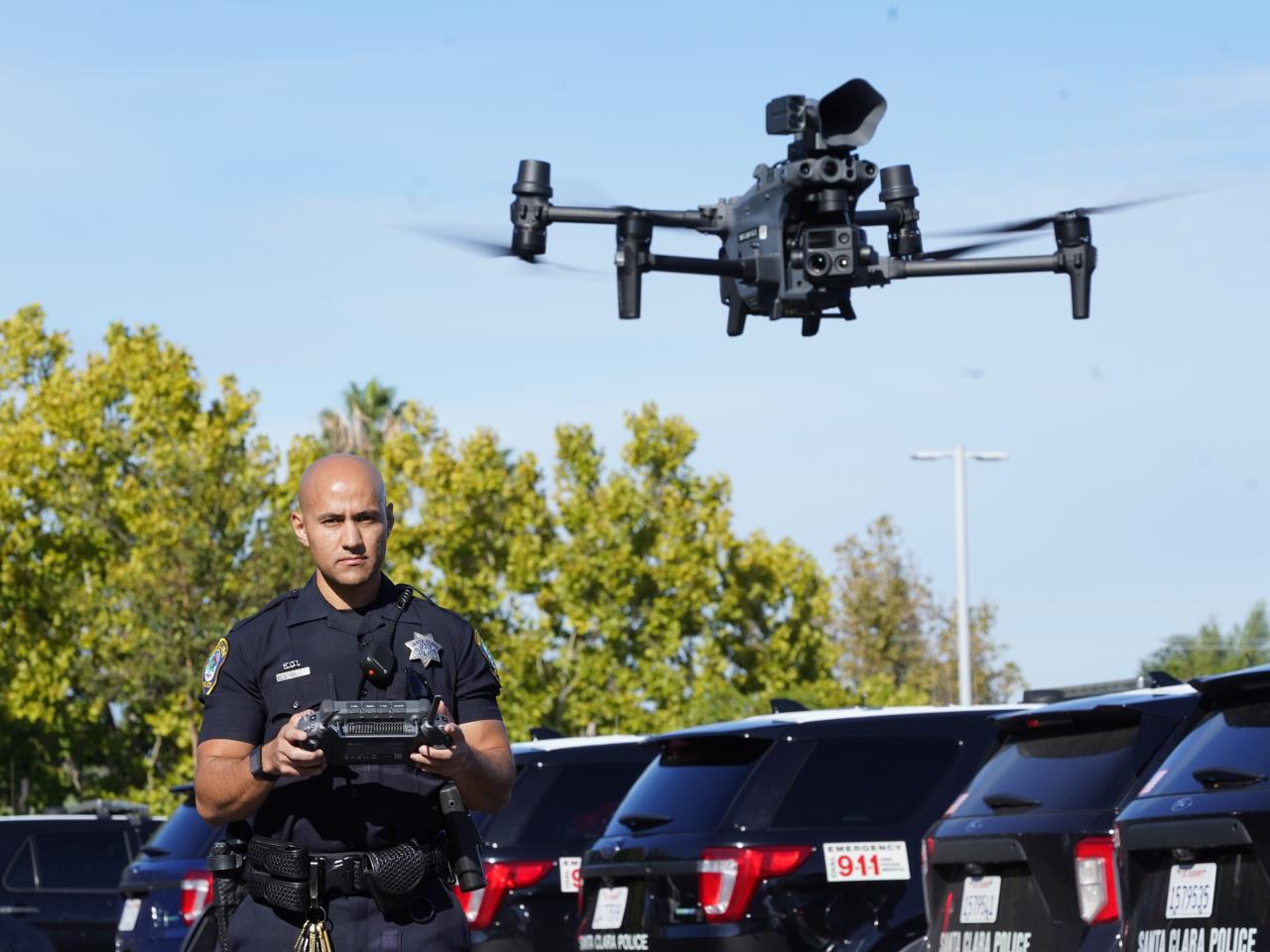

Ethics and Integrity in Law Enforcement
A police officer must operate with the highest ethical standards. Upholding integrity helps maintain public confidence in law enforcement.
Women in Law Enforcement
Women have made remarkable strides in policing, taking on leadership roles and excelling in various specialized units. Law enforcement agencies continue to promote diversity and inclusion.


The Future of Policing
The future of law enforcement involves:
- AI-driven crime analysis to predict criminal activity
- Enhanced community engagement for collaborative policing
- Stronger emphasis on mental health support for officers
Frequently Asked Questions
Most agencies require a high school diploma, academy training, and background checks.
Training typically lasts between 6 months to a year, depending on the department.
Law enforcement comes with risks, but proper training and safety measures minimize them.
Entry-level officers earn around $50,000 per year, with potential increases over time.
Yes! Women play vital roles in law enforcement and have access to all career paths.
Officers face dangers, high-stress situations, and public scrutiny, requiring strong mental resilience.
Conclusion
Becoming a police officer is a rewarding yet demanding career that requires dedication, integrity, and resilience. Whether patrolling neighborhoods, investigating crimes, or engaging in community outreach, officers play an essential role in maintaining public safety. If you’re passionate about law enforcement, this career offers a fulfilling path to serve and protect society.



